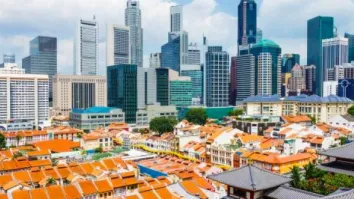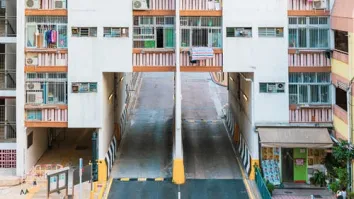
APAC markets record diverging performances in Q2 retail investment
Overall investment volumes increased by 12% to US$4.6b during the quarter.
In Q2 2024, JLL revealed that APAC retail volumes rose 12% YoY to USD 4.6bn. Singapore, Australia and China recorded increase in volumes yoy, while Japan, Korea and Hong Kong saw declines.
Here’s more from JLL:
Singapore: Investor interest in the sector remains strong with a sizeable pipeline of tradeable assets. Buyer-seller expectations gap is narrowing, with sellers becoming more realistic on pricing. Buyer pool still consists of mainly institutional buyers. Increasing interest in retail strata as occupiers are keen to purchase their own space.
Australia: Yields were stable over Q2, showing no further decompression – but Q3 will be the test of a valuation trough. More fund investors are turning their attention towards the retail sector due to its attractive return profile currently – e.g. IP Generation purchased Stockland Supercentre Glendale for USD 208mn. Outlook is positive for 2H 2024 with a robust pipeline likely to contribute to volumes.
Japan: Demand for retail space is dominated by major international luxury brands. Capital values increased 19.2% yoy for ultra prime assets due to healthy rental growth and stable cap rates. Investor interest is re-emerging in prime retail areas, where vacancy is extremely low and rents increased 16.1% yoy.
South Korea: Divergence in rent growth between high-profile buildings in core locations which have recovered to pre-pandemic levels and other buildings that have not. Landlords prioritise stabilizing buildings, rather than increasing rents aggressively. Liquidity remains slim. Investors are selective on assets with huge value-add potential or on-market at very distressed prices.
Hong Kong: Some owners facing sales pressure sought to divest properties in core areas – losses realised were in the range of 40-50% of initial acquisition cost. Market sentiment is weak and is expected to further soften, with a slight expansion of yields in 2H 2024. Expectations of further RMB depreciation could see some allocation to Hong Kong.



















 Advertise
Advertise






